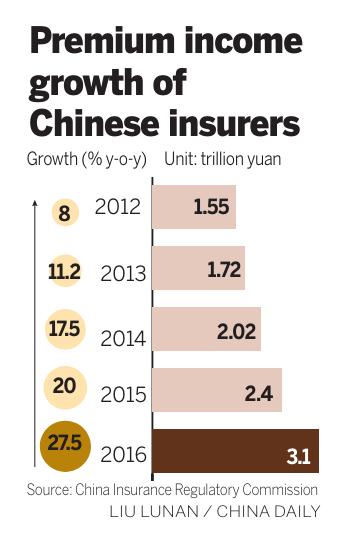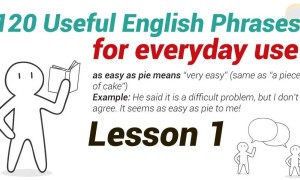
The CIRC has ordered insurers to reduce the proportion of income from sales of mid and short-term policies such as universal life insurance, a type of investment-focused life policy.
The proportion should be kept below 50 percent of insurers' premium income and the regulator has suspended the approval of new branches of insurers who fail to meet the requirement.
Premiums from universal life insurance accounted for 17.4 percent of life insurers' total premium income in the first half of the year, declining by 19.45 percentage points from the end of last year, according to the CIRC.
The surge of universal life insurance products caught the regulator's attention, making it concerned that the excessive use of such policies could cause risks through a mismatch of assets and liabilities. It is believed that many insurers sought to fund their overseas investments by selling short-term high-yield life policies at home.
At Thursday's news conference, the CIRC denied media reports that the giant insurer, Anbang Insurance Group Co, was told by the regulator to sell its overseas assets. A CIRC official said that it did not issue such a requirement and has no plans of doing so.
Cao Jing, senior manager of accounting firm Ernst & Young's China actuarial and insurance risk advisory services, said that the slower premium growth was in line with expectation as stricter regulations would help cool the investment-focused insurance market.
Cao said she expected insurers to see accelerated premium growth from traditional protection products and health and retirement policies, while sales of products such as universal life insurance would continue to drop for the remainder of the year.







